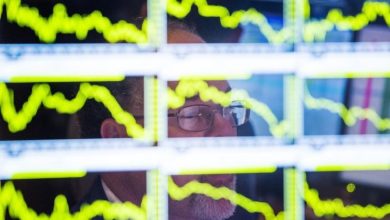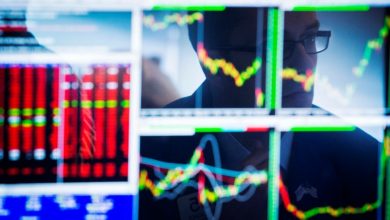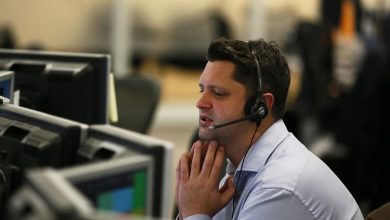
Stock Dump Triggered by Yen Spike to Continue, According to Goldman Sachs Strategist – Reuters
By Nell Mackenzie
LONDON (Reuters) – Systematic trading strategies, including those managed by hedge funds, are continuing to offload trades, contributing to a total of approximately $109 billion in global equity futures sold over the past month, according to Goldman Sachs strategist Scott Rubner in a note released on Tuesday.
The trend of selling is expected to persist into the autumn, with the latter half of September potentially presenting a "tricky trading environment," Rubner noted.
Systematic trading strategies rely on rigid rules instead of intuition, often utilizing coding and algorithms to inform trading and investment decisions.
August commenced with a sharp decline in global equity markets triggered by miscalculations in investor positioning concerning the yen and other currencies following a Bank of Japan interest rate increase and disappointing U.S. jobs data.
Rubner pointed out that one of the driving forces behind this downturn was the systematic trading programs implemented by "commodity trading advisors" (CTAs), which follow market trends but must exit positions when certain risk thresholds are breached.
He stated, "The systematic rules-based deleveraging from CTA strategies remains the most significant influence on market conditions… We have just witnessed one of the largest and fastest unwinds I have observed," said Rubner, a tactical strategist at Goldman Sachs.
LEVERAGE AT A PEAK
Data from the Office of Financial Research’s Hedge Fund Monitor indicates that hedge fund leverage is at its highest level in a decade. According to the data, U.S.-registered hedge funds ended March with $2.3 trillion in borrowing from prime brokers, a rise of about 63% since December 2019, surpassing the growth of their assets.
Traders have shed the majority of their stock futures over the past week, amounting to approximately $80 billion, following a significant stock selloff on Monday caused by the unwinding of billions in leveraged trades, according to the Goldman note.
Wall Street’s preferred gauge of market fear recently closed at its highest level in nearly four years.
In the last three weeks, the liquidity of benchmark stocks—measured by the number of trades available for buying and selling—has plummeted by 80%, indicating a decline from $26 million in July to just $5 million now.
Additionally, options betting against volatility or investing in stable stock markets have continued to unwind.
With pension funds typically rebalancing their portfolios in September, it is anticipated that they will further reduce equity exposure. Given their increased funded status—the ratio of their obligations to savers relative to the value of their investment assets—Rubner believes these prominent investors will capitalize on lower bond yields and shift away from stocks towards fixed income investments.
 GOOGL
GOOGL  META
META 


